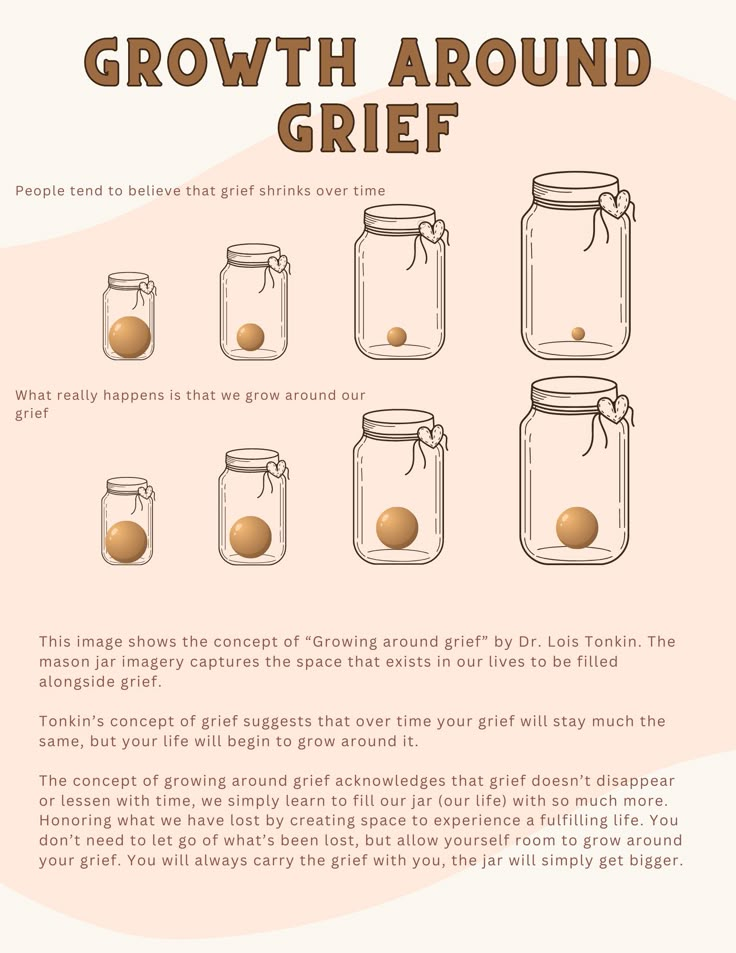
Most kids know something about death. They’ve seen it on TV shows. But it’s very different when it happens to someone close to them. Parents can’t take kids’ pain away, but they can help them cope in healthy ways.
The way kids respond to death is different from adults. They may go from crying to playing. That’s normal. Playing is a way of coping with their feelings. It’s also normal for kids to get angry, to feel sad, get anxious and also to act younger than they are. For example, potty-trained kids may have accidents or kids might slip into baby talk.
It’s important to help your child express their feelings. There are lots of books on death for kids. Reading books and telling stories or looking at pictures of the person who died can help kids express their feelings. Also, expressing your own sadness lets kids know it’s okay to be sad.
How your child behaves and how you respond depends on their age. Don’t offer more information than they can understand. Use direct language. Saying a person “went to sleep” or even “passed away” can confuse or scare a child.
Keeping as much as possible of your child’s normal schedule will help them feel secure. If you need some time alone, try to find relatives or friends who can help keep your child’s life as normal as possible.
After the death of a grandparent, it’s normal for kids to worry about their own parents. It’s helpful to tell them you will probably live for a very long time. After the death of one parent, kids will worry about the other parent and need to be reassured that they’re going to be around to take care of them.
If you notice that your child seems unusually upset and unable to cope with grief, a therapist can help.

Good https://is.gd/tpjNyL
Good https://is.gd/tpjNyL
Good https://shorturl.at/2breu
Awesome https://shorturl.at/2breu
Very good https://shorturl.at/2breu
Good https://shorturl.at/2breu
Good https://shorturl.at/2breu
Very good https://shorturl.at/2breu
Good https://lc.cx/xjXBQT
Good https://lc.cx/xjXBQT
Very good https://lc.cx/xjXBQT
Awesome https://lc.cx/xjXBQT
Good https://t.ly/tndaA
Awesome https://t.ly/tndaA
Good https://t.ly/tndaA
Very good https://t.ly/tndaA
Very good https://urlr.me/zH3wE5
Awesome https://rb.gy/4gq2o4
Good https://rb.gy/4gq2o4
Good https://rb.gy/4gq2o4
Good https://rb.gy/4gq2o4
Very good https://rb.gy/4gq2o4
Very good https://rb.gy/4gq2o4
Good https://rb.gy/4gq2o4
Awesome https://is.gd/N1ikS2
Awesome https://is.gd/N1ikS2
Awesome https://is.gd/N1ikS2
Very good https://is.gd/N1ikS2
Good https://is.gd/N1ikS2
Awesome https://is.gd/N1ikS2
Good https://is.gd/N1ikS2
Very good https://is.gd/N1ikS2
Good https://is.gd/N1ikS2
Very good https://is.gd/N1ikS2
Good https://is.gd/N1ikS2
Awesome https://is.gd/N1ikS2
Good https://is.gd/N1ikS2
Awesome https://is.gd/N1ikS2
Very good https://is.gd/N1ikS2
Awesome https://is.gd/N1ikS2
Very good https://is.gd/N1ikS2
Awesome https://is.gd/N1ikS2
Very good https://is.gd/N1ikS2
Very good https://is.gd/N1ikS2
Very good https://is.gd/N1ikS2
Awesome https://is.gd/N1ikS2
Awesome https://is.gd/N1ikS2
Good https://is.gd/N1ikS2
Very good https://is.gd/N1ikS2
Awesome https://is.gd/N1ikS2
Good https://is.gd/N1ikS2
Good https://is.gd/N1ikS2
Awesome https://is.gd/N1ikS2